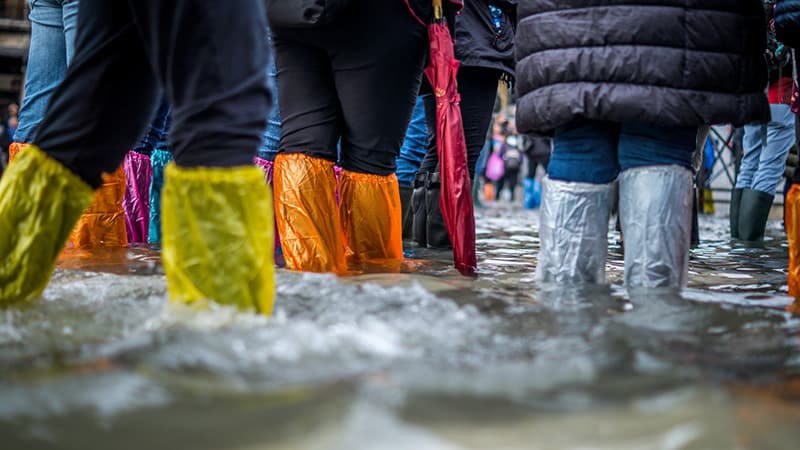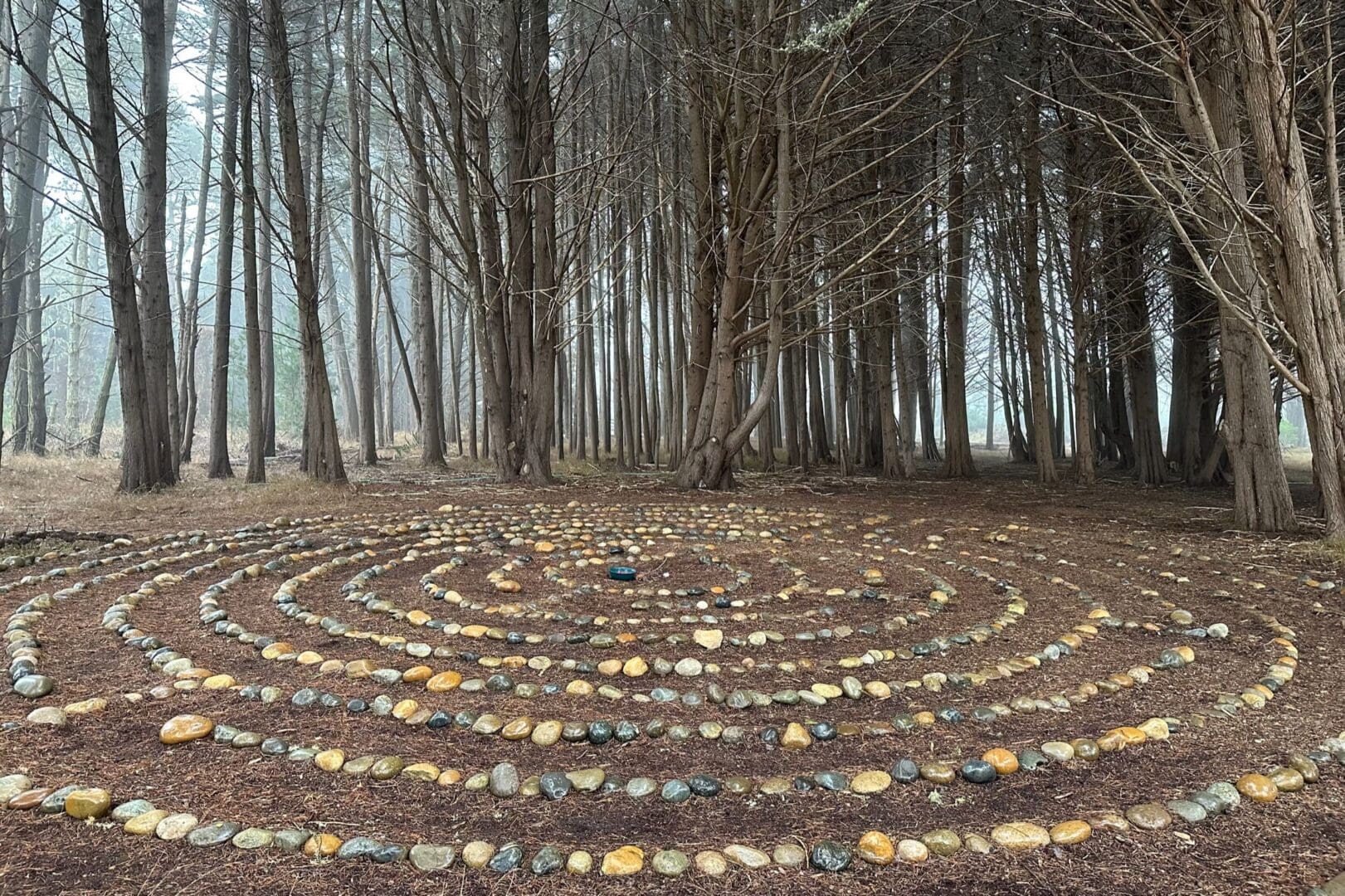Dear New School Friends:
I want to thank each of you who contributed, or continued to contribute, to The New School in 2022. You’ve made a critical contribution to our work. It’s never too late to add your support. So if you intended to contribute, or are moved to now, we welcome support at any level you can afford. You can do so right here.
****
This past year was the year that the polycrisis exploded as a global meme. “Polycrisis” was the word of the year 2022 in the Collins Dictionary. The World Economic Forum in Davos where the ultra-wealthy and their acolytes gather to pontificate declared 2023 “the year of the polycrisis.”
“The theme of our meeting in Davos is cooperation in a fragmented world,” [WEF Chair Klaus] Klaus stated. In what the WEF calls the “Year of the Polycrisis,” Klaus declared that “economic, environmental, social, and geopolitical crises are converging and conflating, creating an extremely versatile and uncertain future.”
The Financial Times observed:
Shortly before October’s International Monetary Fund and World Bank meetings in Washington, DC, former U.S. Treasury secretary Lawrence Summers surveyed the global scene. “I can remember previous moments of equal or even greater gravity for the world economy,” he said. “But I cannot remember moments when there were . . . as many cross-currents as there are right now…”
Summers thought the term “polycrisis,” popularized in recent months by the economic historian and Financial Times contributing editor Adam Tooze, “apt” as a way of capturing a historical moment characterised by multiple global crises unfolding at the same time on an almost unprecedented scale. Tooze didn’t coin the word, however. It appears to have first been used in the late 1990s by the French social scientists Edgar Morin and Anne Brigitte Kern, who employed it to describe the “interwoven and overlapping crises” facing humanity, especially in the ecological sphere.
Adam Tooze has indeed played a critical role in popularizing the polycrisis as a descriptive term for what is happening. Tooze has credited Thomas Homer-Dixon as his source. Homer-Dixon directs the Cascade Institute in British Columbia. A year or so ago he called us at Omega/Commonweal to say that he and his staff had surveyed the options and decided that our adoption of “global polycrisis” to describe the world situation was the best choice. He wanted to let us know he planned to adopt it. We were delighted, and subsequently named the Cascade Institute as a recipient of one of our Omega Resilience Award Research Grants. Tooze, an eminent Columbia University historian and author of an invaluable blog that many of us read religiously, then played a critical role in its wide dissemination and adoption.
****
Let’s pay homage to all the other terms that have been, are being, and will be used to describe the polycrisis. Over the last few decades in academic and policy circles it was called “the human dilemma” or “the global problematique.” Donella Meadows and her colleagues called their Club of Rome report “Limits to Growth.” Recognizing the threat, the Brundtland Commission spoke hopefully of “our common future.” The Earth Summit in Rio in 1992 popularized the idea of a “sustainable future” based on a North-South swap of Northern technologies for a Southern commitment to a sustainable path to development. But the North didn’t deliver. The last three decades have witnessed a continuing expansion of the intersecting crises.
The term polycrisis is not and won’t be uncontested. Nor will its companion term, “resilience,” which we also use. Over time, both terms will be adopted as forms of greenwashing. They will become overused just as “sustainability” became overused. Some of the other terms in use now are “the metacrisis,” “the permacrisis,” and, on the web, “the end of the world as we know it”—TEOTWAWKI—is the acronym handle it goes by.
Some of our close colleagues have offered such elegant terms as “the great simplification” (Nate Hagens) or “navigating the great unravelling” (Resilience.org).
****
We could cite dozens of others who are exploring the polycrisis. You can find our polycrisis work at omega.ngo, which houses a number of our partnerships including the Omega Collaborative, the Omega Resilience Awards, and the Resilience Funders Network. Conceptually, we are working on a framework of three “baskets” for our work—community, learning, and leadership. More to come on how we group our projects in those three baskets.
The main point is this: whatever we call the polycrisis, it is the mother of all the diverse forces that are reshaping our lives and the world with increasing rapidity and force. We can’t escape the polycrisis. We have to navigate it, one way or another. The real question is how we navigate it in our daily personal lives, our community lives, our work lives, and throughout networks of access and trust.
We can try to bend the arc of the polycrisis toward better outcomes for people and other living creatures—and for our future and the future of the earth.
****
So that’s the story from Commonweal as 2023 begins. Commonweal Executive Director Oren Slozberg has chosen to make resilience the overarching theme of all our work at Commonweal—in health and healing, education and the arts, and environment and justice. We’re exploring what that means—personally, within Commonweal, and with our friends and partners around the world.
We profoundly welcome you to share the journey with us. While the challenges are many, we approach the future with a certain hope about what we as humans can learn from the polycrisis—how we can grow and transform ourselves into a mature planetary community living at peace with ourselves and the living earth.
You can contact us on the Omega website.
Stay with us at Commonweal, at The New School, and at Omega.
Let’s live lives of purpose, service, compassion, wisdom and joy.
With love and gratitude,
Michael



